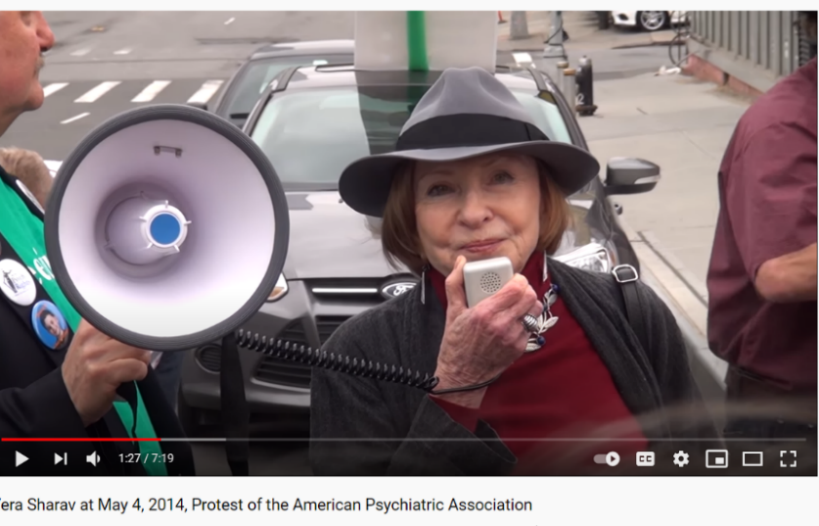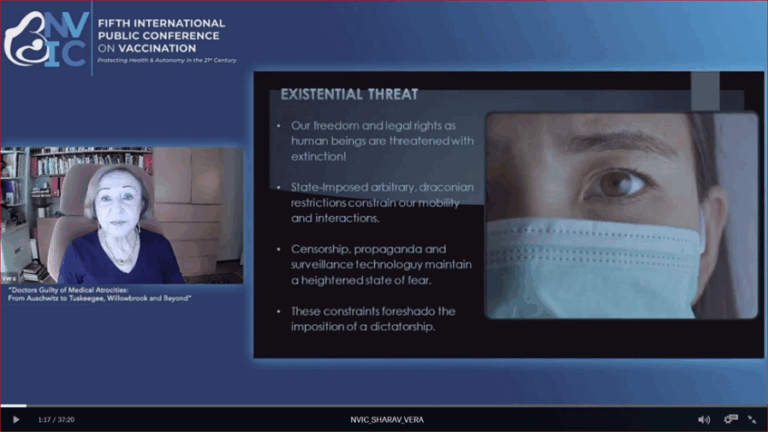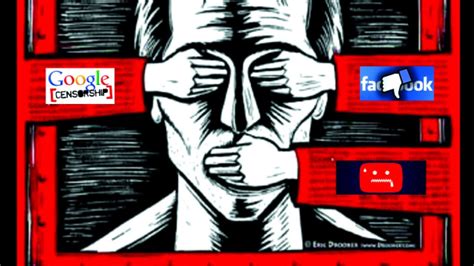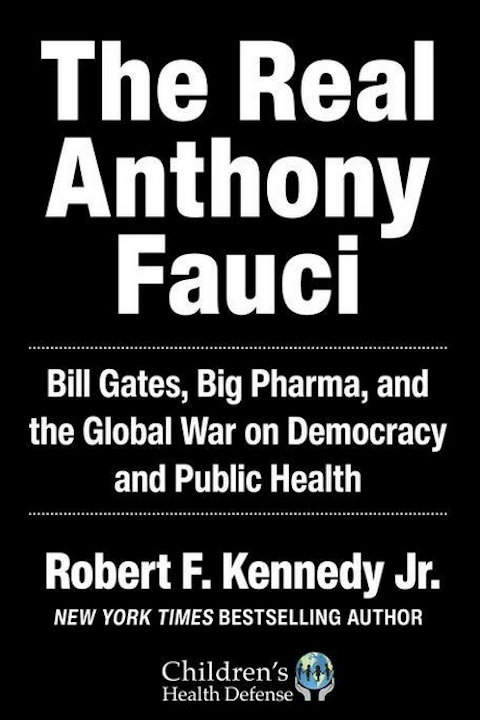
Similar Posts
 AHRP Speaks Out | Business of Medicine | Conflict of Interest | Corporate-Corrupted Medicine | Covid Pandemic | Current Controversies | Fear-Propaganda | Informed Consent | Medical Ethics - Human Rights | Medical Safety Issues | Vaccine Controversies | Vaccine mandates | Vaccine Risks
AHRP Speaks Out | Business of Medicine | Conflict of Interest | Corporate-Corrupted Medicine | Covid Pandemic | Current Controversies | Fear-Propaganda | Informed Consent | Medical Ethics - Human Rights | Medical Safety Issues | Vaccine Controversies | Vaccine mandates | Vaccine RisksRabbi Green Harassed By DCF – Political & Religious Persecution Targets The Esteemed Rabbi Green During The High Holidays
Rabbi Green Harassed By DCF – Political & Religious Persecution Targets The Esteemed Rabbi Green During The High Holidays Watch the video he published on YouTube. The harassment brigades of the Department of Child & Family Services of the State of Massachusetts are threatening to kidnap the children of Rabbi…

Childhood Vaccines that are Unjustifiably Mandated
Below, Meryl Nass, MD,* an internal medicine physician whose expertise in vaccines includes creating a methodology for investigating and distinguishing between natural epidemics and biological warfare events, provides substantive information about several vaccines that are on the Childhood Vaccination Schedule. Childhood Vaccines that are Unjustifiably Mandated Meryl Nass, MD February 25,…

National Vaccine Information Center (NVIC) Conference
March 9, 2021 Original Source
 Concealed Risks | Corrupt Public Health | Epidemics | Global Public Health Institutions | Medical Ethics - Human Rights
Concealed Risks | Corrupt Public Health | Epidemics | Global Public Health Institutions | Medical Ethics - Human RightsThe WHO Revised Covid-19 Infection/ Fatality Rate & the Great Barrington Declaration – Updated
UPDATE 10/11/2020: The Great Barrington Declaration garnered more than 100,000 signatories by Oct. 8th, when Rddit and r/COVID-19 channel “moderators’ censored and removed the Declaration from their sites. Censorship of scientists reveals that genuine science and scientific discourse pose a major threat to those who exploit the COVID-19 Pandemic for political…
 CDC Failures | Children at Risk | Concealed Risks | Corporate-Corrupted Medicine | Corrupt Public Health | Corrupted Science | Fear-Propaganda | Global Public Health Institutions | Government Overreach | Medical Ethics - Human Rights | Propaganda -- Censorship | Public-Private Partnerships | Vaccine Controversies
CDC Failures | Children at Risk | Concealed Risks | Corporate-Corrupted Medicine | Corrupt Public Health | Corrupted Science | Fear-Propaganda | Global Public Health Institutions | Government Overreach | Medical Ethics - Human Rights | Propaganda -- Censorship | Public-Private Partnerships | Vaccine ControversiesThe Real Anthony Fauci by Robert F. Kennedy Jr.
My own reaction to the government’s handling of the pandemic – first under the Donald Trump administration and continuing under Joe Biden – is why is the military and CIA so heavily involved? Why is everything surrounding the pandemic and the vaccine contracts top secret? If the Covid pandemic is…
Conflicts of Interest Undermine Safety for Human Subjects
Widely disparate perspectives are presented in an article in the Maryland Daily Record re: The Court of Appeals of Maryland decision (Gimes v Kennedy Krieger Institute, Aug 16, 2001). That 6-to-1 landmark decision severely criticized the practice of exposing healthy children to risks of harm in health related research. Children, we must bear in mind, are powerless to exercise that inviolable human right, the right to refuse to assume risks for research.
Will this decision undermine the legitimacy of research that puts healthy children at risk in clinical trials? AHRP believes it will, and that the decision will be sustained by other courts in other states.
